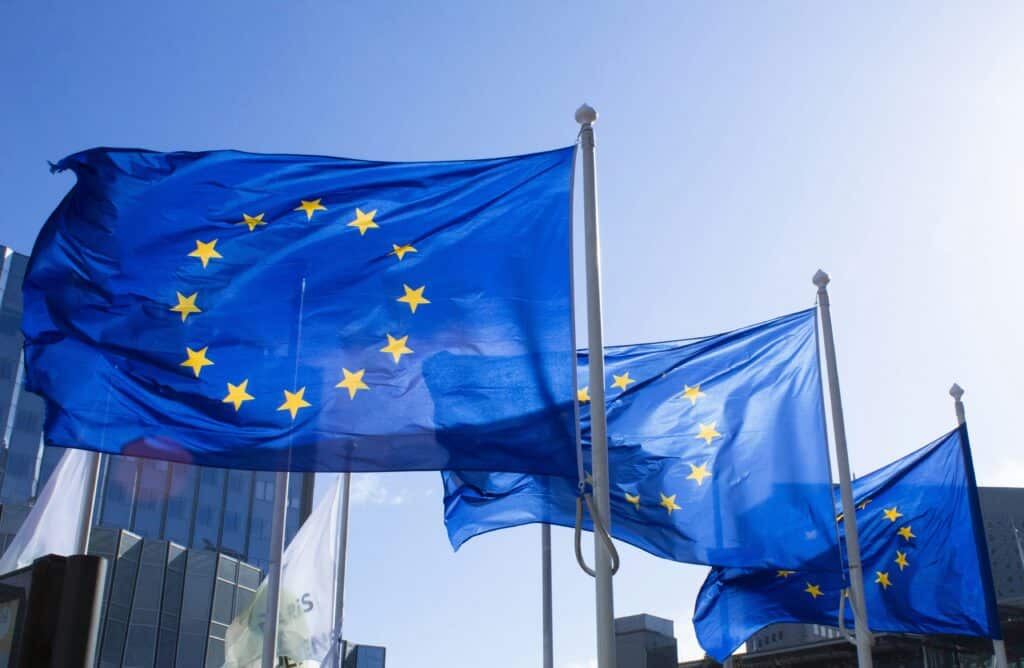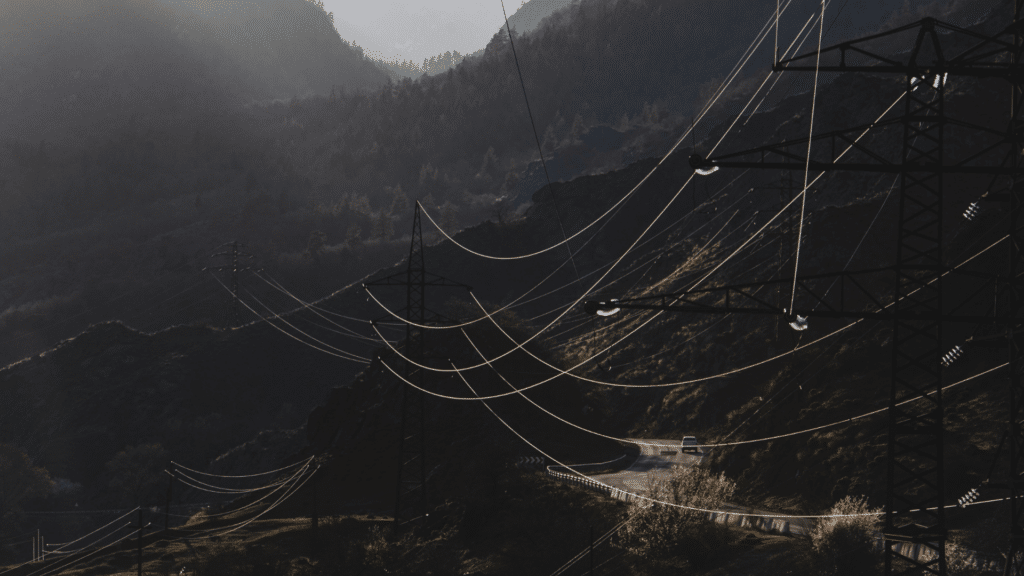The paper “Access to smart electricity systems for final customer” (Diestelmeier, L., Kuiken, D.) will be presented at the 5th Conference on the Regulation of Infrastructures (24 June 2016).
ABSTRACT
Achieving the EU electricity policy goals of a secure, affordable, and sustainable electricity system available to all final customers requires the deployment of smart electricity systems (SES). The underlying idea of SES is that all actors (e.g. consumer, producers, system operators) in the system are enabled to interact with each other by means of information and communication technology (ICT). Thus, SES can also be described as electricity systems that are enhanced with telecommunication systems. Both, the electricity system and telecommunication systems are network-bound industries with different regimes regulating the access for third parties. The differences between the two access regimes are significant. Whereas in the electricity sector, access entails access to the electricity system, in the telecommunication sector, a variety of communication technologies exists with different qualities and access regimes. However, the goal to ensure a secure, affordable, and sustainable electricity system available to all final customers depends on the deployment of communication systems to the electricity system, resulting in SES. This implies that maintaining effective access for final customers to SES depends not only on access to the electricity system but also on access to communication services. Therefore, this paper addresses the following research question: What are the conditions for final customers to access SES communication services and what are their guarantees for accessing SES communication services? Answering this question is important in order to understand the implications of the changing (smartening) electricity infrastructure for the access regime, and to assess whether final customers are still guaranteed of their right to access and to enjoy universal services in the SES.
ABOUT THE AUTHORS
Lea Diestelmeier is a Ph.D. candidate at the Groningen Centre of Energy Law, which is part of the department of European and Economic Law of the University of Groningen. Her research project is part of the umbrella project “Uncertainty Reduction in Smart Energy Systems” and is called “Smart Regimes for Smart Grids”. This project aims to create an integrated regime that addresses two uncertainties impeding smart grid developments: the legal design of emerging organisational settings and the policy design of smart grid implementation. Lea’s research focuses on regulatory obstacles hindering the development and deployment of smart grids. The overall research question points out the need to develop a legal framework (assigning rights and duties) which enables and incentivises the integration of smart grid technology and management in local energy systems. The success of this integration requires that smart grids become an integral part of the planning and operational process of electricity infrastructure and that the regulatory framework incentivises genuine innovation for new actors to emerge. Lea completed her Master’s degree in European Law with a focus on Energy and Climate Law at the University in Groningen. She obtained her Bachelor of Science in European Studies and spent a semester at the Boğaziçi University in Istanbul.
Dirk Kuiken is a Ph.D. candidate at the Groningen Centre of Energy, which is part of the department of European and Economic Law of the University of Groningen. Dirk is involved in a research project called “Distributed Intelligence for Smart Power routing and mATCHing” (DISPATCH), which is part of the Netherlands Organisation for Scientific Research program “Uncertainty Reduction in Smart Energy Systems”. DISPATCH is an interdisciplinary research project involving law, electrical engineering, ICT and economics. It focuses on the development of local flexibility markets. Dirk’s research is focusing on the organisational and legal arrangements that are related to local flexibility markets. The general research question is to what extent local flexibility markets can be integrated into the current legal framework (EU and the Netherlands), and what changes should be made to ensure and facilitate market access for current and new market parties, without jeopardizing network integrity. Dirk completed his Master’s degree in European and International Law with a focus on Energy and Climate Law at the University of Groningen, his Master thesis addressed the implementation of smart meters in both the EU and the Netherlands.
DOWNLOAD
Presentation given by Lea Diestelmeier





